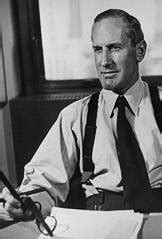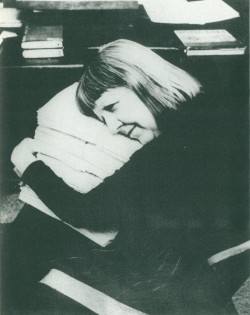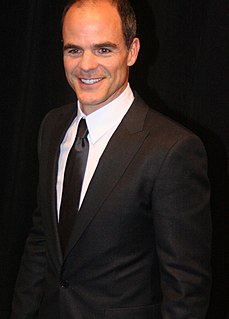A Quote by Lawrence Ferlinghetti
T.S. Eliot's influence was enormous on my generation. Much more than Ezra Pound. I actually had to put T.S. Eliot books out of the house because my poetry was so influenced. Everything I wrote sounded like Eliot.
Related Quotes
Pound was silly, bumptious, extravagantly generous, annoying, exhibitionistic; Eliot was sensible, cautious, retiring, soothing, shy. Though Pound wrote some brilliant passages, on the whole he was a failure as a poet (sometimes even in his own estimation); Eliot went from success to success and is still quoted--and misquoted--by thousands of people who have never read him. Both men were expatriates by choice, but Eliot renounced his American citizenship and did his best to become assimilated with his fellow British subjects, while Pound always remained an American in exile.
Every poet gets to choose what kind of community he or she serves with the poems, and it's true that there is a community for very difficult, challenging poetry. It's a community that's established itself over the last 80 years, that was originally, in effect, really started by T. S. Eliot and Ezra Pound. They believed that poetry ought to contain learning, that it ought to rise upon all the learning that went before.
Any more questions?" I ask, poking him gently in the ribs. "Do you still love me any?" Eliot asks, putting his hand over mine. "A little." "A little?" he asks, pulling away from me. "A lot." "How much?" he asks. "More than chocolate chip cookies." "Mmm" he says, kissing my shoulder. "More than walking on the beach." Eliot kisses me on the neck. "More than . . ." I pause, turning to look at him. "More than?" he asks, kissing my lips. I turn toward him. "Anything.






































